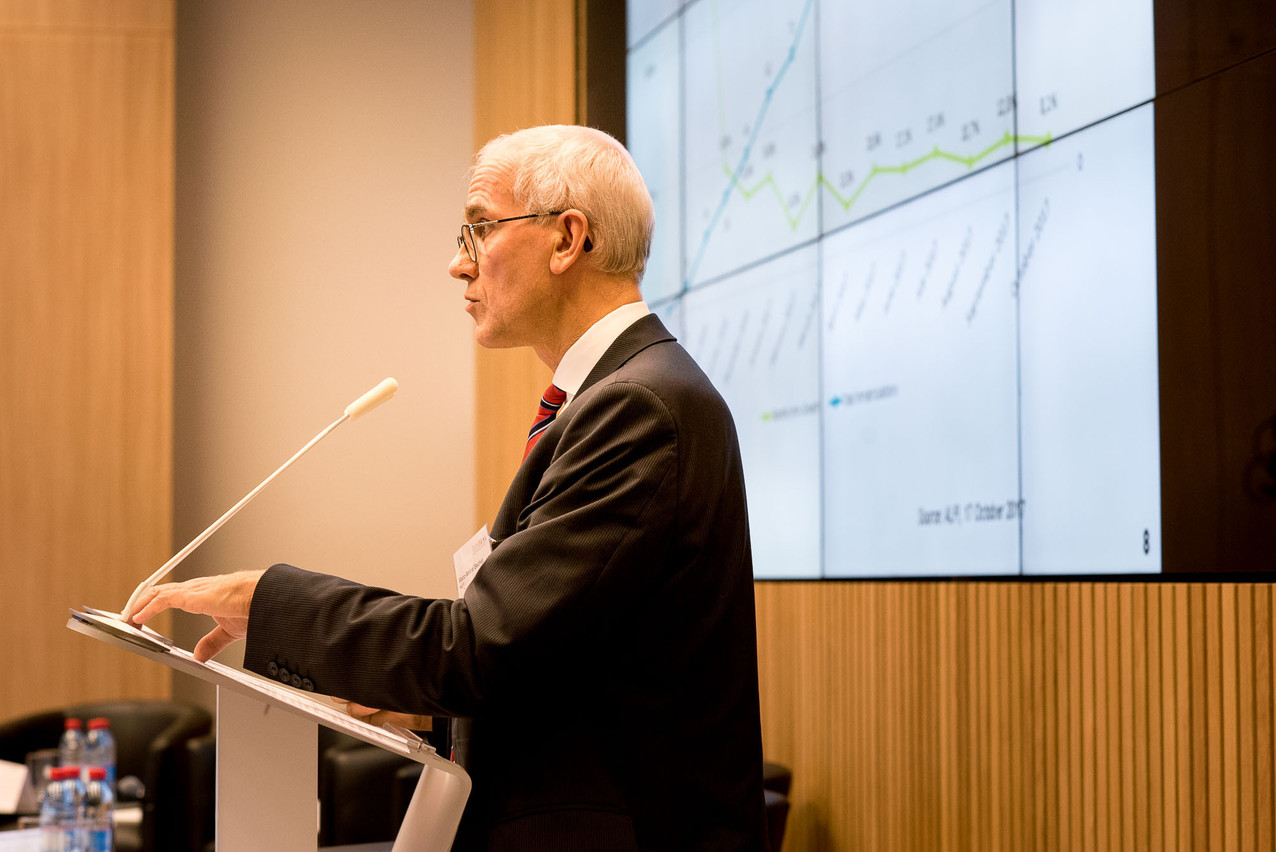Nearly half of flows into European public market funds are to investment funds that follow some sort of impartial sustainability criteria, with Luxembourg-based funds topping the sustainable fund tables.
Those are some of the findings in the “European Sustainable Investment Funds Study 2022”, released this week. The report was produced by the Association of the Luxembourg Fund Industry, the fund data firm Morningstar and the consulting firm Zeb.
The paper covered two main themes. The first was an analysis of the funds sector using figures pulled from Morningstar’s database. Morningstar’s definition of sustainable funds is “stricter” than the one used in the EU’s Sustainable Finance Disclosure Regulation, , deputy director general at Alfi, said during a presentation of the report.
Tommaso Cavalli, a manager at Zeb, said the analysis covered the EU27 countries, UK, Switzerland, Norway and Liechtenstein. It included open end funds and exchange-traded funds in Morningstar’s database. It excluded funds of funds and feeder funds, “to avoid double counting”, as well as money market funds, “due to the special nature of their flows”.
Sector snapshot
Sustainable funds represented approximately 16% of total assets in European domiciled investment funds, or roughly €2trn in assets, Cavalli stated.
Around 15% of European sustainable investment funds are domiciled in Luxembourg, he said.
Cavalli said that 45% of Luxembourg fund flows recorded in 2021 were directed to sustainable funds. “This means that Luxembourg remains by far the leading domicile” in both sustainable and traditional funds. Ireland maintained its place as a solid second.
One drawback of using Morningstar data is that it does not cover a large number of private market funds. That makes comparing Ucits funds and alternative investment funds tricky. However, based on the figures that are available from Morningstar, Cavalli said that the “trend” towards sustainable criteria is “more pronounced for Ucits” public market funds.
Sustainable Finance Disclosure Regulation
The second focus of the study examined how funds are categorising themselves in line with the EU’s SFDR rules, which are in the process of being implemented. Article 8 funds use sustainable criteria in their investment process, article 9 funds have a sustainable objective for their investments, while article 6 funds make no sustainability claims.
At the end of April, 34% of funds classified themselves as either article 8 or article 9, Hortense Bioy, global director of sustainability research and manager of research at Morningstar, said during the presentation. The figure is “getting closer to 50%” and she expects it will pass the 50% mark “in the coming months,” Bioy stated.
More than 800 new funds have launched as article 8 or article 9 funds since the introduction of the EU rules, almost half of all new funds launched in the EU. There are 530 article 9 funds domiciled in Luxembourg, totalling €270bn in assets, Bioy said. Unlike the main study, that figure included money market funds, feeder funds and fund of funds.
Active funds “dominate the article 8 or 9 fund landscape,” according to a slide shown during the presentation.
The study was presented during a video conference on Tuesday 21 July and on Wednesday 22 July. Bechet said that “more than 1,000” attendees signed up to watch the webcast.
